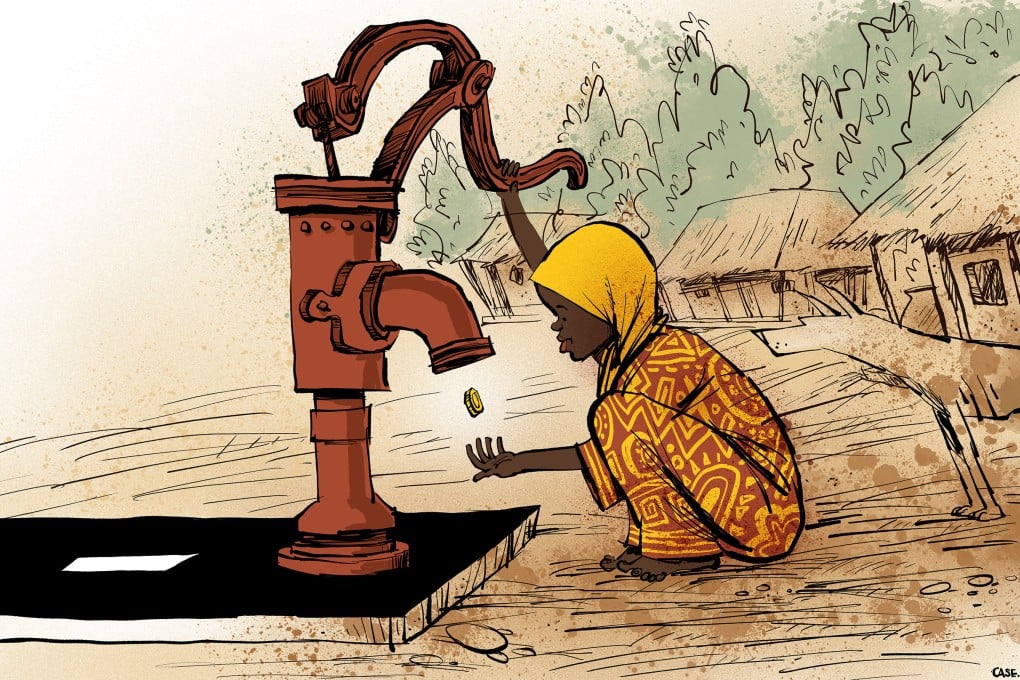Advertisement
Opinion | Belt and road: China’s strategic shift bodes ill for developing nations
- The third Belt and Road Forum is set for a different atmosphere to the one in 2019 amid changing priorities and a darker global context
- Developing nations are likely to bear the brunt as China focuses more on smaller, targeted projects in geopolitically important regions
Reading Time:4 minutes
Why you can trust SCMP
3

This year marks the 10th anniversary of the Belt and Road Initiative, and this month China will host the third Belt and Road Forum for International Cooperation. China has provided investment to countries worldwide in the past decade and tried to create a new platform for development and economic growth.
According to the Foreign Ministry, the initiative encompasses more than three-quarters of the world’s nations, has generated nearly US$1 trillion in investment and created more than 420,000 jobs. Representatives from more than 110 countries are expected to be in attendance.
Although there will be much fanfare surrounding the forum, people expect it to have a different atmosphere compared to the second forum held in 2019. Back then, the joint communique stressed multilateralism and enhancing cooperation on foreign direct investment and joint ventures.
There was also a focus on sustainable development and promoting green development. UN Secretary General Antonio Guterres emphasised these ideas, and said more must be done to achieve the 2030 Sustainable Development Goals. Additionally, President Xi Jinping spoke of a desire for countries to break bottlenecks and integrate better into global supply chains.
Since then, the situation has changed for both the developing world and China. The Covid-19 pandemic sent shock waves through the global economy, with the recovery period more difficult for developing countries.
China’s domestic economy is also facing headwinds, and its recovery is a matter of contention for many experts. Consequently, belt and road investments are dropping and China’s slowing growth, youth unemployment and a struggling real estate sector have led to fewer loans available for developing countries.
Advertisement

